Executive Council (Commonwealth countries)
An executive council is a constitutional organ found in a number of Commonwealth countries, where it exercises executive power and (notionally) advises the governor, governor-general, or lieutenant governor, and will typically enact decisions through an Order in Council. In several Commonwealth countries, the executive council is usually referred to as the cabinet. However, the use of the word cabinet as a synonym for the executive council is not universally practised throughout the Commonwealth of Nations, with some Commonwealth countries using the term cabinet to refer to a distinct group of high-ranking officials.
Executive councillors are informally called "ministers". Some executive councils, especially in Australia and the provinces and territories of Canada, are chaired by a President or a Vice-President. In other Commonwealth countries there is no formal president of the executive council, although meetings are held in the presence of the governor-general, governor or president (except in rare cases) and decisions require his or her assent.
These councils have almost the same functions as the privy councils in Canada and the United Kingdom, and decisions of the cabinet gain legal effect by being formally adopted by the executive council; if the cabinet itself is not also the executive council.[note 1]
Current executive councils
.svg.png)
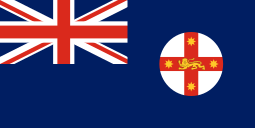
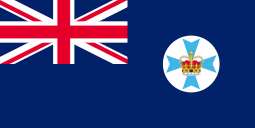

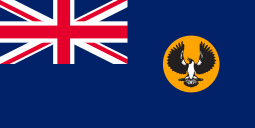
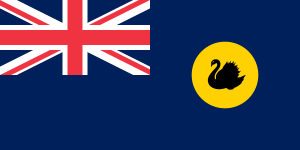
.svg.png)
.svg.png)



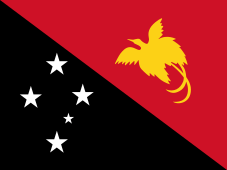
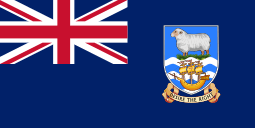
Former executive councils
.svg.png)

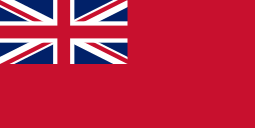


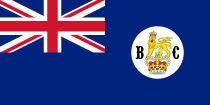

.svg.png)
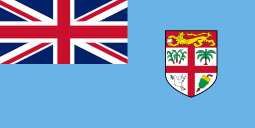
.svg.png)
.svg.png)

Other executive councils

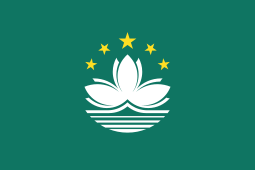
See also
Notes
- In addition to the monarch of Canada, the Privy Council of Canada also advises the Governor General of Canada in their role as the monarch's viceregal representative.